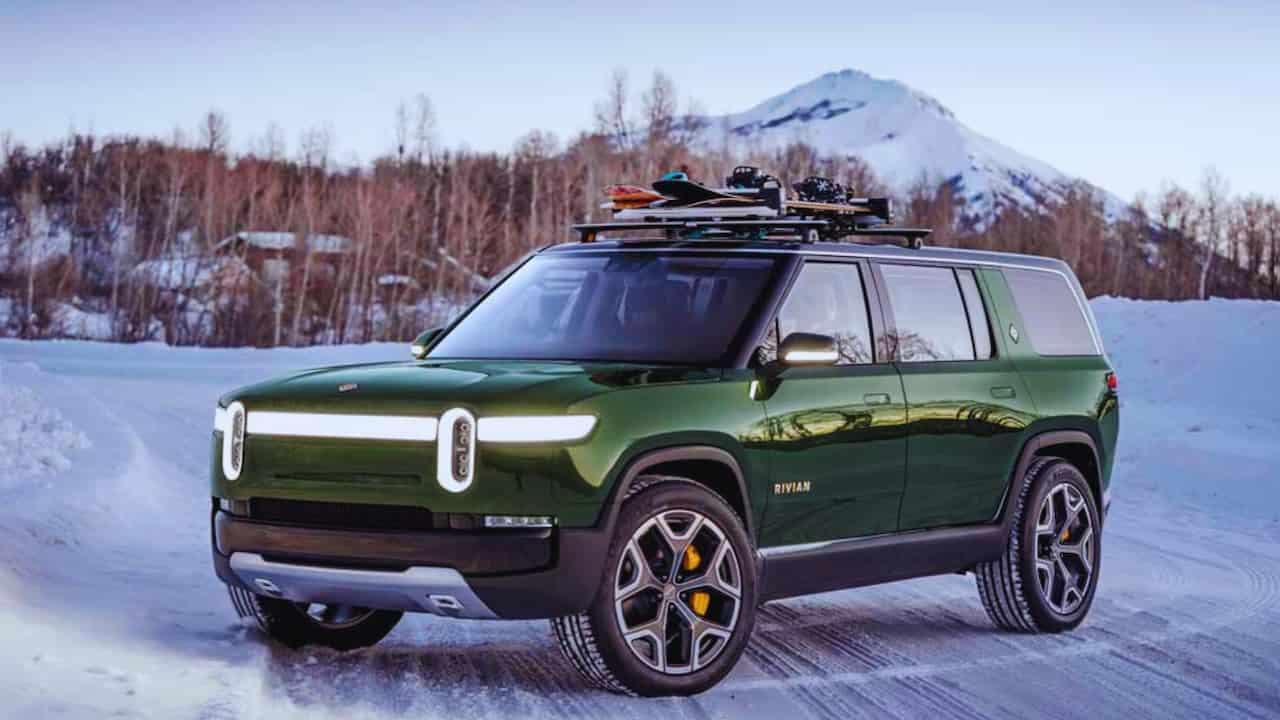Volkswagen Supercharges EV Future with $5.8B Rivian Partnership
In a significant move that’s reshaping the electric vehicle landscape, Volkswagen Group and Rivian Automotive have announced an expanded joint venture worth up to $5.8 billion, marking a major milestone in the automotive industry’s electric transformation.
As your technology correspondent, I’m here to break down this groundbreaking partnership that has sent shockwaves through the EV market, with Rivian’s stock jumping over 9% in after-hours trading.
Initially valued at $5 billion when first announced in June, the deal has now grown to $5.8 billion, highlighting both companies’ increased commitment to this technological alliance. This partnership comes at a crucial time when global EV demand faces challenges and competition from Chinese manufacturers intensifies.
Key Elements of the Partnership:
- VW’s initial investment includes a $1 billion convertible note.
- An additional $1.3 billion will secure VW a 50% stake in the joint venture.
- Up to $3.5 billion more will follow by 2027, based on reaching specific goals.
- By 2027, the first VW vehicles utilizing Rivian’s technology should be on the road.
Two industry veterans, Wassym Bensaid, the Chief Software Officer of Rivian, and Carsten Helbing, the Chief Technical Engineer of VW, will lead the joint venture, officially named Rivian and VW Group Technology, LLC. Their team will include around 1,000 engineers working across multiple locations, starting in Palo Alto, California, with three additional sites planned across North America and Europe.
For Rivian, this partnership provides crucial funding as they prepare to launch their more affordable R2 model and scale up production. The startup, which already supplies electric delivery vans to Amazon (their largest shareholder), gains access to VW’s massive manufacturing expertise and global reach.
Volkswagen, Europe’s largest automaker, gets something equally valuable: access to Rivian’s advanced software and electrical architecture. Various VW brands, including Volkswagen itself, Audi, and the upcoming Scout brand, will integrate this technology. Oliver Blume, VW’s CEO, has even hinted at potential applications in sports car models.
This collaboration comes at a critical time for both companies. Volkswagen has been facing challenges with its software development and EV transition while competing with aggressive Chinese manufacturers. Meanwhile, Rivian, though innovative, has yet to turn a profit and needs to scale efficiently.
The market’s reaction has been notably positive, with Rivian’s shares surging 9.45% in late trading, despite having dropped 55% earlier in 2024. This response suggests investors see strong potential in this partnership.
Looking ahead, this alliance could reshape the EV landscape. Both companies have paved the way for future collaboration that extends beyond software, potentially encompassing battery technology and joint production. This flexibility could prove crucial as the automotive industry continues its electric transformation.
What makes this partnership particularly intriguing is its timing. As global EV adoption faces some headwinds, this collaboration shows that major players are still betting big on an electric future. The deal’s structure, with its milestone-based investments, suggests a thoughtful, long-term approach to innovation and market development.
For consumers, this could mean more affordable, technologically advanced electric vehicles hitting the market by 2027. The combination of Volkswagen’s innovative technology with Volkswagen’s manufacturing expertise and global reach could accelerate the mainstream adoption of electric vehicles.
As we watch this partnership unfold, one thing is clear: the race to dominate the electric vehicle market is far from over, and this alliance could be a game-changer in shaping the future of automotive technology.
